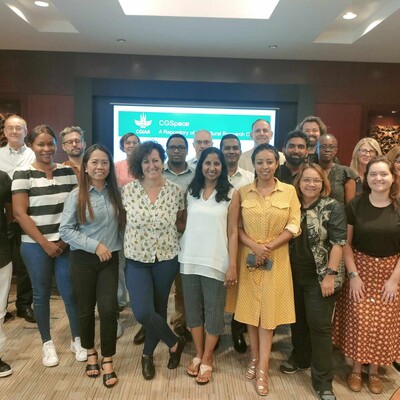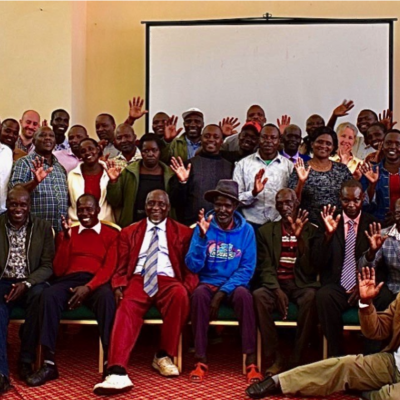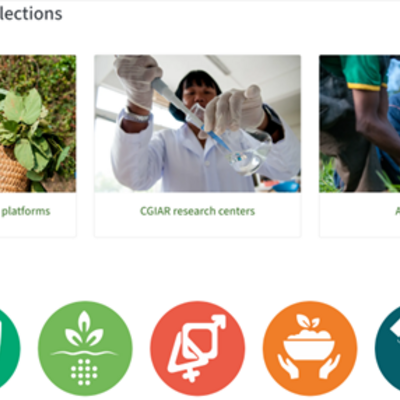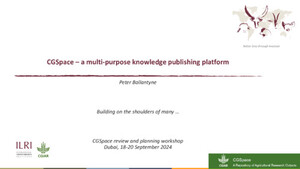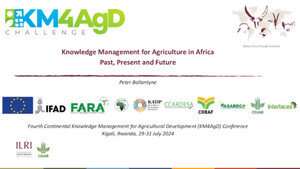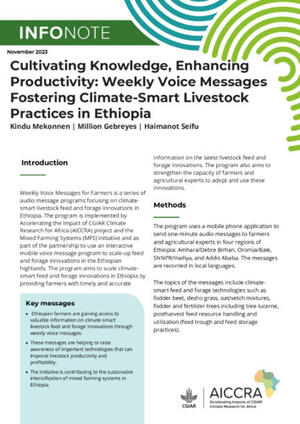
Dead beat meetings danger zone: Bring facilitation to the rescue!
The plague…

Photo credit: careerplug.com
How many meeting have you been to this week? Month? Year? How many of them left you feeling drained and under utilized?
These questions may have crossed your mind once or twice. Sadly no one ever takes the time to answer them, less so does someone do something about the answers.
Today is your lucky day! Some answers and ideas are coming to you!
Everybody talks about engagement, from employee engagement to donor engagement and partner engagement, within CGIAR and beyond. But the engagement arena is getting more and more complex: everyone has to engage everywhere, all the time, with everyone. More and more actors are involved in multi-stakeholder processes where they are (supposedly) striving to come and learn together.
The reason is simple: involving other people in formulating, implementing, and evaluating activities not only significantly improves the outcome of initiatives, but it also develops critical trust in peoples’ relationships and creates a hotbed for longer term innovation. The only hiccup is that engagement is not an easy game.
(Group) facilitation can strongly contribute to quality and successful engagement!
Group facilitation encourages participants to do their best thinking, to work closely together, to listen intently to each other, and to develop collaborative solutions together. Of course, that facilitation can be left in the hands of the group itself. But there are many (more) advantages to bringing a dedicated facilitator to ensure this group engagement happens in the best possible way.
The player… added value of a facilitator
Why bring in a facilitator?
A facilitator works closely with the organizers of an event to develop an event agenda and process that are best suited to achieve their objectives. In doing so they also focus on making sure everyone’s contribution is equally valued and there is maximum participation and engagement to drive results that everyone in the room feels committed to. They also follow the process throughout, keeping abreast of the participants’ feelings and ideas, shaping up the agenda following the energy where it is, while keeping the objectives in sight at all times.
With the help of a facilitator, nurturing conversations has participants leave the meeting feeling validated and energized by the insights gathered and the decisions made. They feel committed, they bring the best of themselves. The results of facilitated events are: more equal participation, more ideas collected, more collective and sustainable solutions, more likelihood of strong follow up after the event, and more trust created among people that may use this to build other solid activities together in the future.
Role of the facilitator – What a facilitator is not
A lot of people mistake facilitators for people that (just):
- Chair a session by introducing the speakers;
- Animate a question-and-answer (Q&A) session after a presentation;
- Organize ‘icebreakers’ and ‘energizers’ to keep the crowd on their toes;
- Bring in a few instructions for (usually minimal) group work after presentations;
- Summarize the conversations at the end of the day or the beginning of the next day;
Of course, these might be some of the functions that a facilitator does, but they are not their main function – and the examples above are probably the least important of all their functions. If only one of these roles is attributed to a facilitator, there is arguably no need for a facilitator…
Role of the facilitator – What a facilitator is and does
There are two general types of facilitators: process facilitators and content facilitators. An innovative organization needs leaders who are creative and focused to work towards a set of core values that are consistent with the concepts of collaboration, learning and partnership, empowerment and commitment. This type of facilitator uses core values and principles to drive their role as a “facilitative leader.” A process facilitator and a content facilitator will have the same core values, but apply them differently according to their roles. Most facilitative leaders are people leading teams or directing and managing their own units. Hence, they have more authority to make decisions for their group while serving as facilitator during meetings or planning sessions.
So what does a facilitator do (or can do) effectively?
S/he…
- Designs an event that pays careful attention to set objectives and maximizes interactions, engagement, learning and collective responsibility towards solutions. This design will typically involve various other work forms than the typical presentation, open discussion (e.g. Q&A session) and panel discussion. This variety of work forms stimulates better engagement and manages the energy of participants much more effectively.
- Provides a set of principles to get participants to appreciate their own thoughts, those of others and those of the whole group; develop respect for each other; share their ideas, feelings, suggestions, constructive criticism; contribute to collective decisions that the whole group can ascribe to.
- Pays attention to the way participation evolves throughout the agenda; adapts the latter according to emerging issues, constraints and opportunities and energy levels; and reflects with the organizers how to adjust the agenda along the way against set or evolving objectives.
- Creates an engaging and constructive atmosphere where participants are more likely to feel confident talking, sharing, learning together and develop more solid relationships and trust.
In doing so, (process) facilitators act as reliable, objective and impartial voices. They play a variety of roles: architect, pilot, guide. The following video summarizes some of these ideas.
The other benefit of facilitators is that they liberate all the participants – and organizers – from the burden of having to think ‘how to proceed forward’ and they can concentrate on the issues at hand.
Where a team of facilitators is needed, this can generate more energy, an even better handling of the group as a whole and more consistent and solid documentation of the conversations and information shared.
The pledge…
When should you think of involving a facilitator?
Several factors make it really compelling to bring in a facilitator:
- When the event or meeting does not just aim at sharing information or receiving feedback but actually wants to involve the participants in brain-storming or decision making;
- When the issue(s) to deal with are complex;
- When lots of participants are coming;
- When the meeting is high level and needs to be of high quality;
- When clearly defined outputs or outcomes are expected out of the meeting;
- When the relations between participants are potentially tense or conflictual;
- When the time given for the event is limited and needs to be used very effectively;
- When the organizers are not exactly sure how to run an event;
- When organizers want to focus on the content, not on the process;
The International Livestock Research Institute (ILRI) has trained some of its communications and knowledge management staff to provide facilitation services. If you are interested in receiving such support or learning more about facilitation and other event support services at ILRI please get in touch.
Click here to see a list of events we have supported. Aside from the expertise we offer, the main benefit of involving us is that we know ILRI, livestock and ILRI’s partners. And we are also usually less expensive!
For further information please contact us (before you start designing the event or committing people):
Ewen Le Borgne
Team leader, knowledge, engagement and collaboration, ILRI Addis Ababa
Muthoni Njiru
Knowledge sharing and engagement officer, ILRI Nairobi
Tsehay Gashaw
Knowledge sharing and web communications officer, ILRI Addis Ababa







